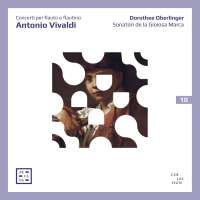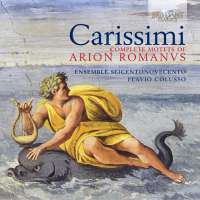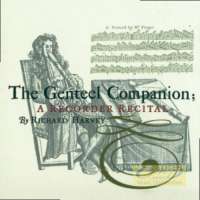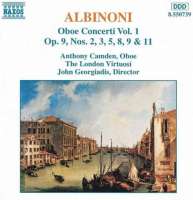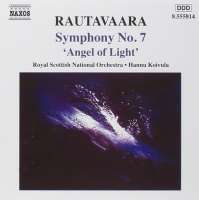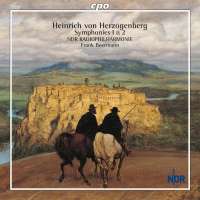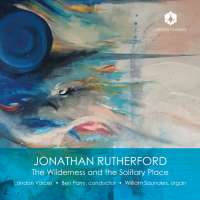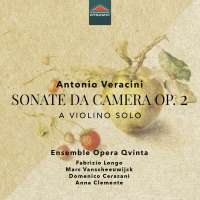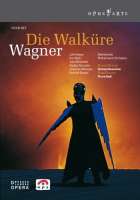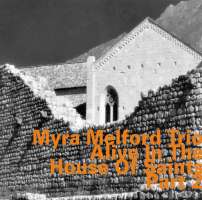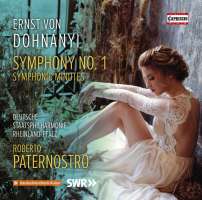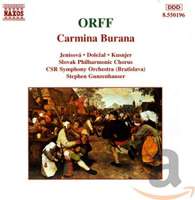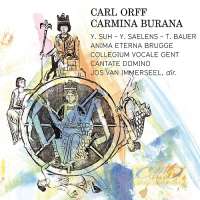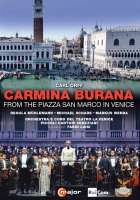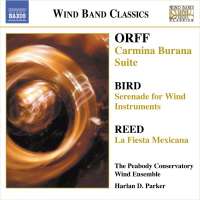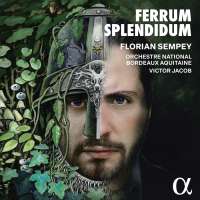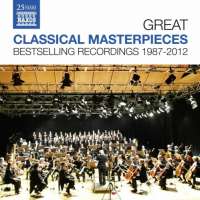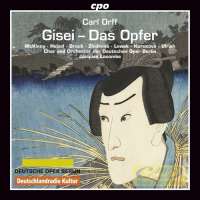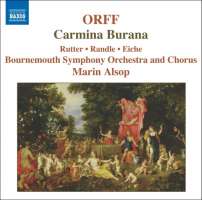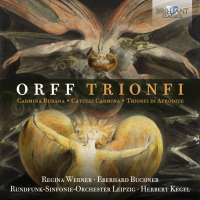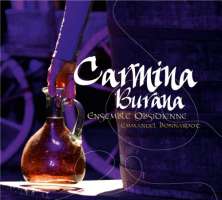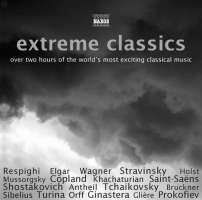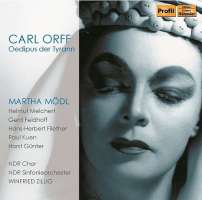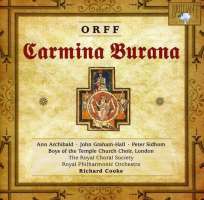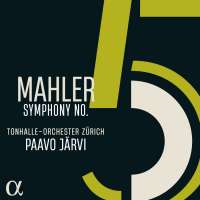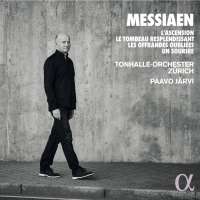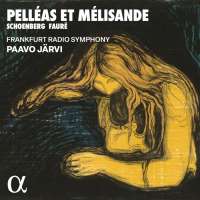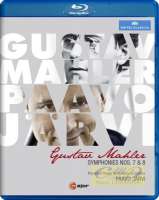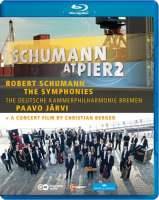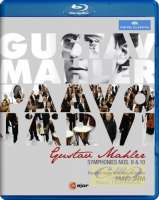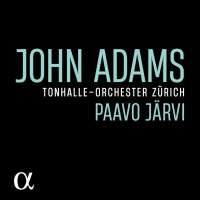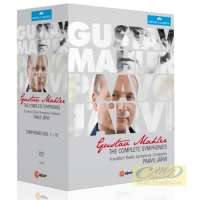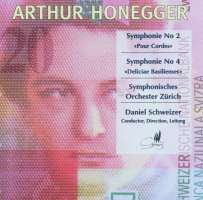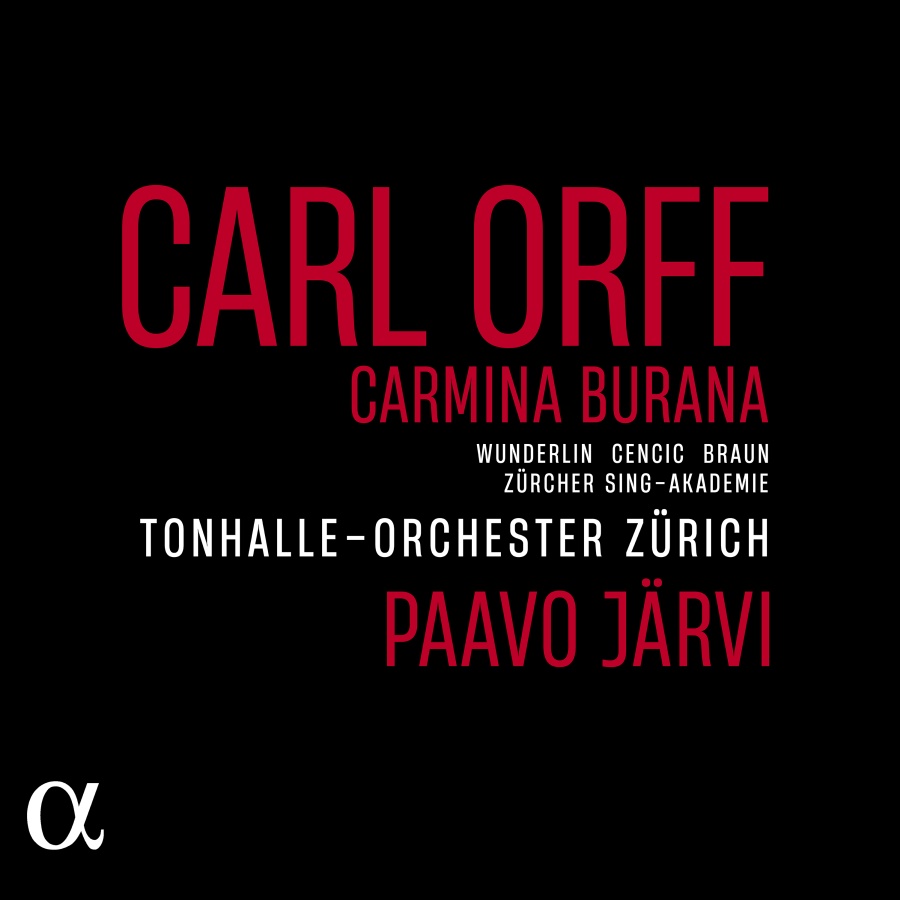
classical music distribution

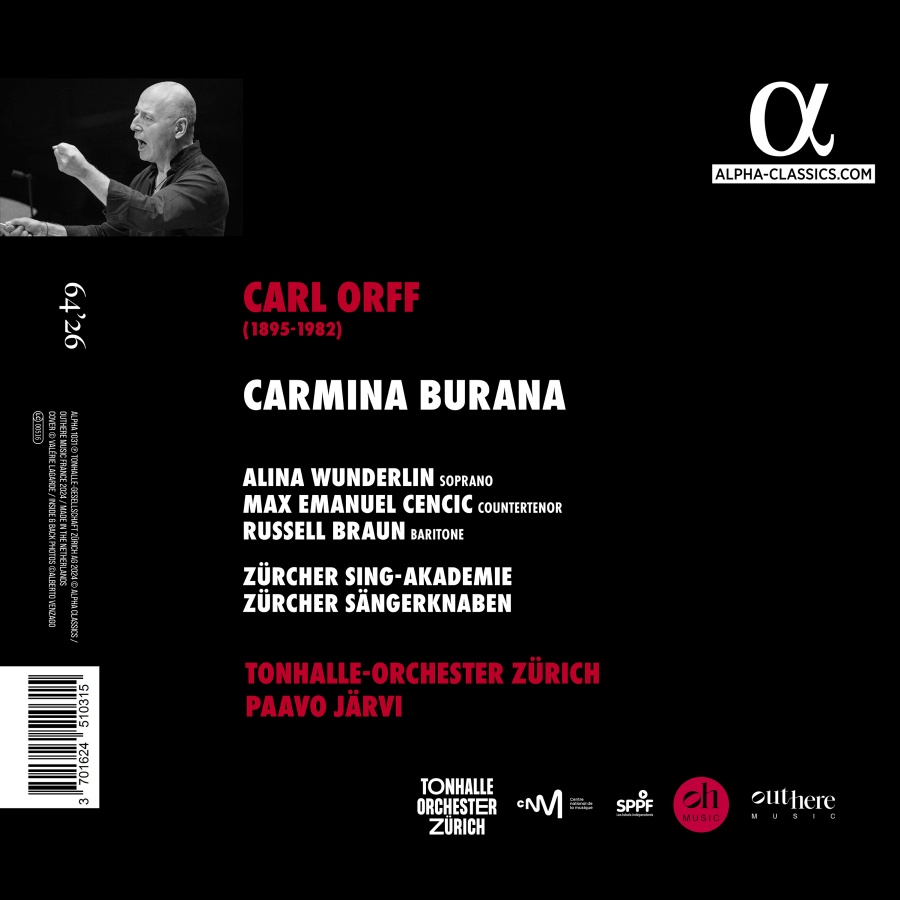
(Produkt nie został jeszcze oceniony)
kompozytor
Orff, Carl
tytuł
Orff: Carmina Burana
wykonawcy
Järvi, Paavo;
Tonhalle-Orchester Zürich
Tonhalle-Orchester Zürich
nr katalogowy
Alpha 1031
opis
Alina Wunderlin; Max Emanuel Cencic; Russell Braun; Zürcher Sing - Akademie; Zürcher Sängerknaben
Carmina Burana, the staged cantata by Carl Orff, is a work unique in musical history, claims conductor Paavo Järvi: ‘The convergence of medieval texts with such daringly original orchestral colours creates a soundworld that is both archaic and yet beyond time, in which chorus, orchestra and soloists vie in splendour.’ The work also has an unusual history: composed shortly after the Nazi takeover of Germany, it was at first rejected because of its Latin texts and the erotic character of some of its songs; yet Orff and his work subsequently became highly prized by the Reich. The composer (who was secretly ‘a quarter Jewish’) did not support the regime, but made the best of his success… Orff was 42 by the time he experienced this breakthrough with his Carmina, which he designated as his Op. 1, disowning all his previous compositions. Departing from the Romantic style, he now wanted to create music linked to rhythm, simple repeated melodies, and non-complex forms. This work’s popular success confirmed that decision.
nośnik
CD
gatunek
Muzyka klasyczna
producent
Alpha
data wydania
03-02-2025
EAN / kod kreskowy
3701624510315

(Produkt nie został jeszcze oceniony)
cena 79,00 zł
lubProdukt dostepny w niewielkiej ilości.
Wysyłka w ciągu 3 dni roboczych
Darmowa wysyłka dla zamówień powyżej 300 zł!
Darmowy kurier dla zamówień powyżej 500 zł!
sprawdź koszty wysyłkiProduktu jeszcze nie zrecenzowano, chcesz być pierwszy?
Klienci, którzy kupili ten produkt, kupili również
różni kompozytorzy
The Genteel Companion A Recorder Recital – Handel, Leclair, Baston ,Chedeville, Telemann …
ALU 0010
Folk Music of China Vol. 14 - Songs of the Tibetan Plateau - Monba and Lhoba Peoples
NXW 76101-2
Pozostałe płyty tego kompozytora
Orff, Carl, Bird, Arthur, Reed, Herbert Owen
Orff: Carmina Burana Suite / Bird: Serenade / Reed: La fiesta mexicana
8.570242
Pozostałe płyty tego wykonawcy
Messiaen, Olivier
Messiaen: L’Ascension; Le Tombeau resplendissant; Les Offrandes oubliées; Un sourire
Alpha 548
Napisz recenzję dla: Orff: Carmina Burana
Zapytaj o dostępność produktu
Twoje zapytanie:
Odpowiemy na adres:
Produkt został dodany do koszyka

Orff, Carl
Orff: Carmina Burana
1 szt
